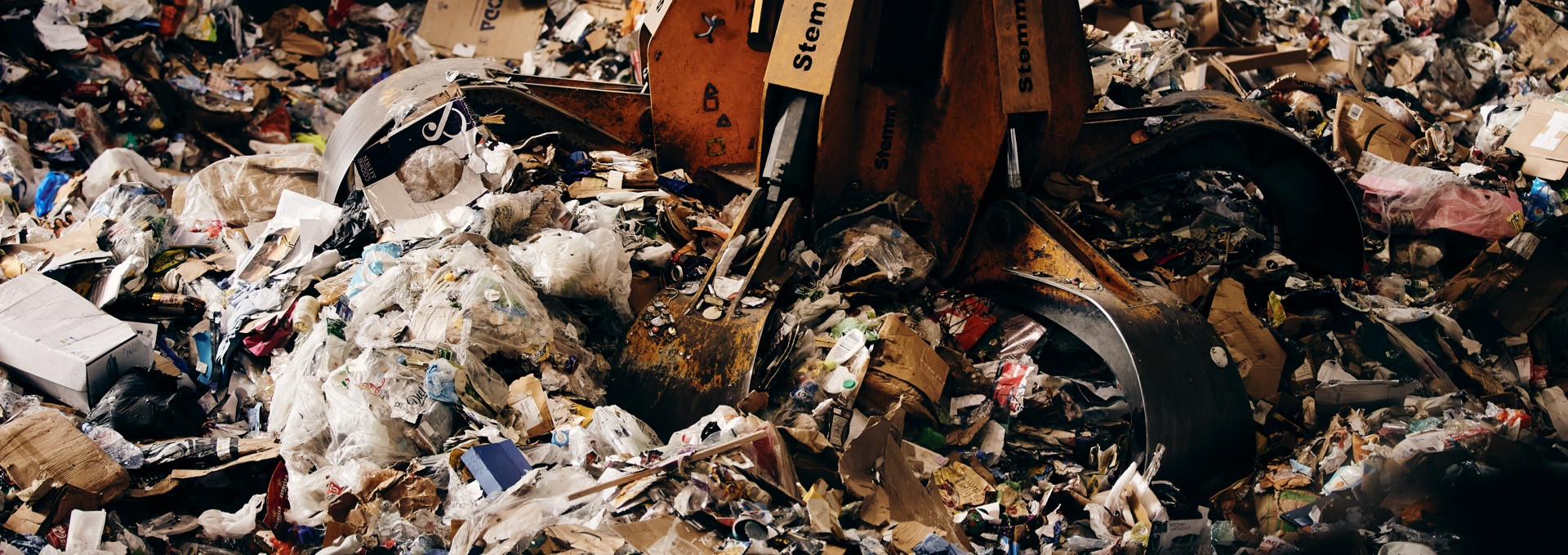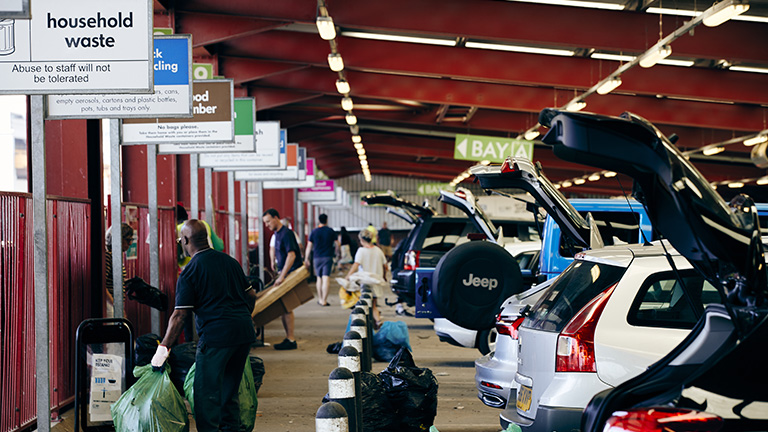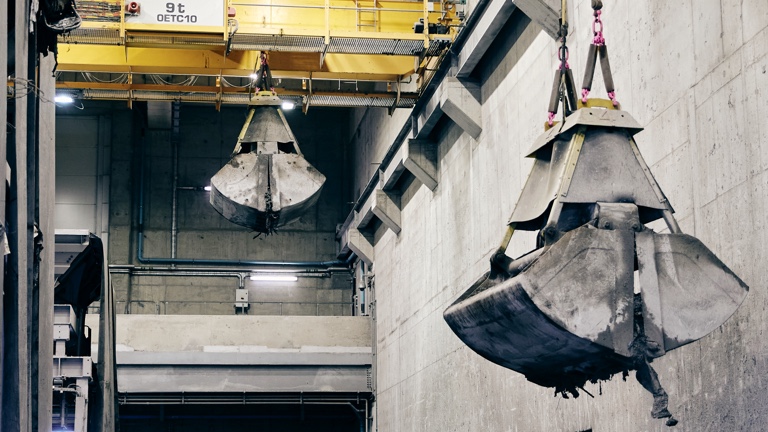
I pledge
to decarbonise our business and our communities’ waste by 2030.
Dougie Sutherland
Chief Executive Officer
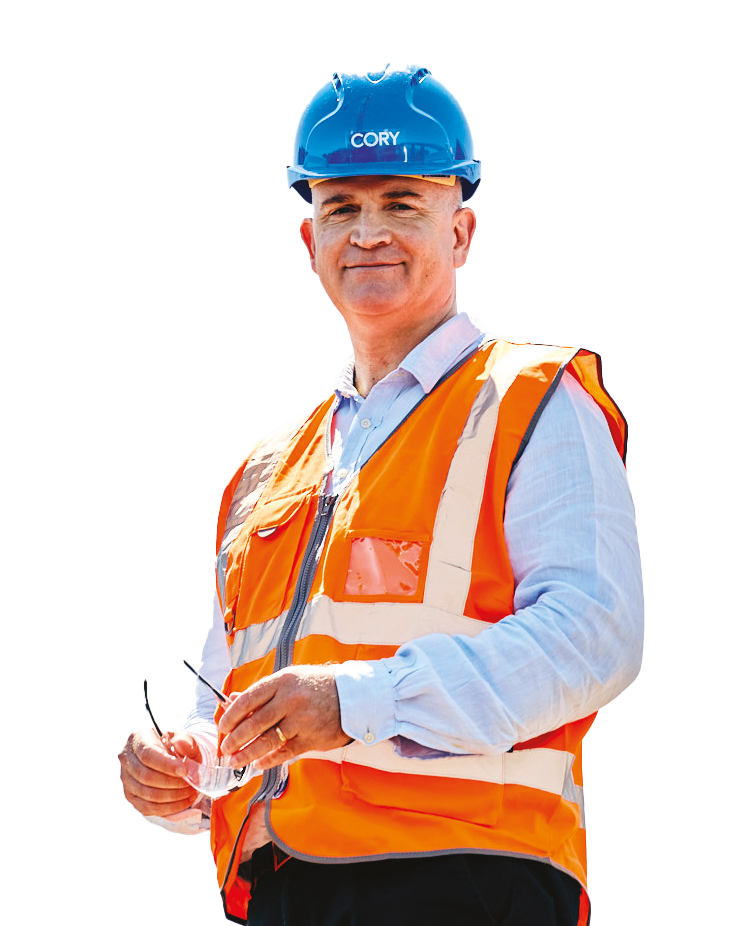
Our 2024 highlights
Net zero goals with bolder ambitions |
|
Maximising potential, minimising impact |
|
Inspiring people, enabling change |
|
Net zero goals with bolder ambitions |
|
Maximising potential, minimising impact |
|
Inspiring people, enabling change |
|
Cross-cutting achievements
575 GWh electricity exported
Exported 575 GWh of electricity, enough to power 213,000 homes
98/100 GRESB rating
Achieved the highest rating in the Global Real Estate Sustainability Benchmark Infrastructure Asset Assessment, being awarded 5 stars and 98/100
EV CharGing
Provided free electrical vehicle charging for employees across seven sites
Downloads
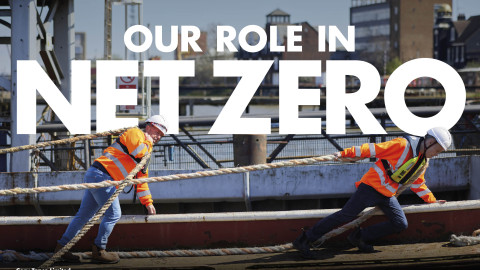
Sustainability Report 2024
Download our 2024 Sustainability Report to explore how we're moving to net zero.
